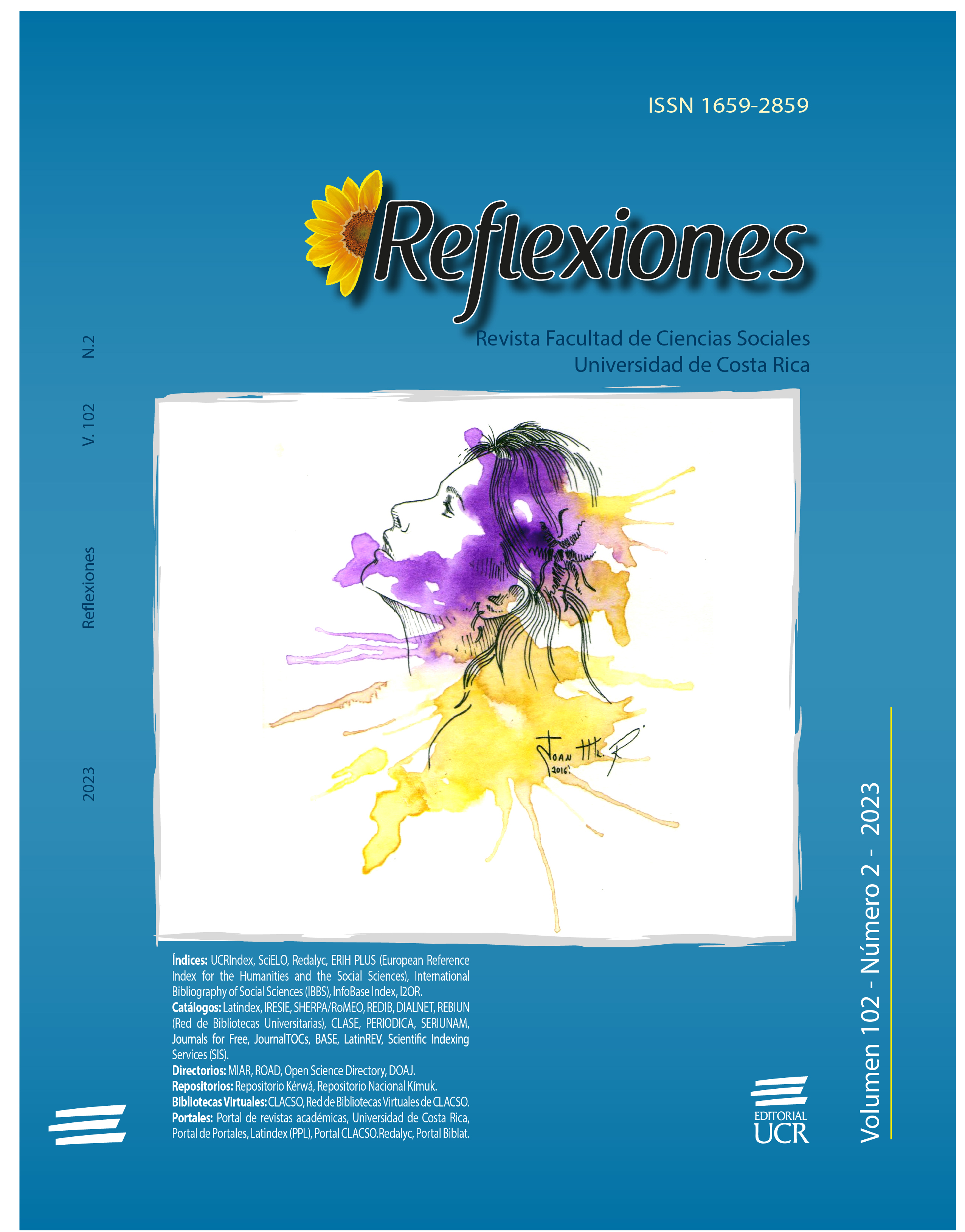Abstract
Introduction
The configuration of the Argentinian historiographical field was articulated during the first six decades of the twentieth century. During this period a series of heuristic and epistemic consensuses crystallised that transformed paradigms and contributed to the consolidation of disciplinary autonomy. The role of women historians in this process has been little studied.
Objective
The purpose of this study is to review the participation of women in historiographical practice in Argentina in order to learn about their contributions to the articulation of the disciplinary field.
Method and technique
This paper is an article of reflection that does not derive from a specific research on the subject, but is nourished by information and questions arising from previous research related to the evolution and consolidation of historical knowledge in the Río de la Plata during the nineteenth and twentieth centuries. The methodology is qualitative, of an interpretative nature, and is based on the perspective of the History of Historiography. The theoretical precepts are nourished by some contributions from gender studies.
Results
Information is presented on the itinerary of several women dedicated to the investigation of the preterit (some little studied and others almost unknown), the difficulties they had in gaining access to jobs and the strategies they had to implement in order to do so.
Conclusions
By way of conclusion, some of the relevant contributions made by women in the process of shaping the Argentine historiographical field and in the emergence of the "new history" of the 1960s are explained.

This work is licensed under a Creative Commons Attribution-NonCommercial-ShareAlike 4.0 International License.
Copyright (c) 2023 Tomás Sansón Corbo
